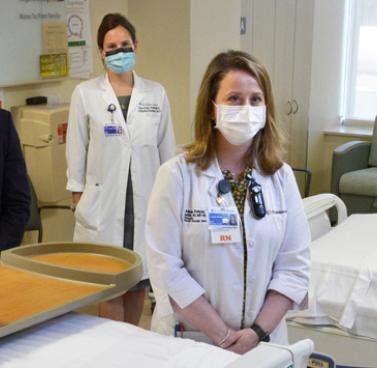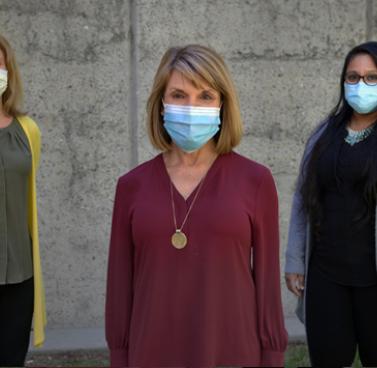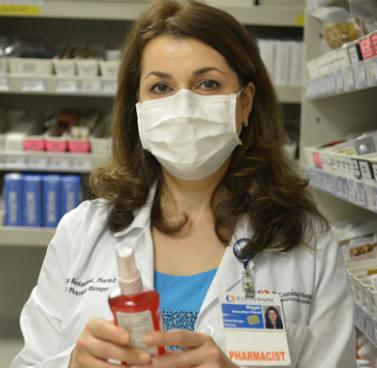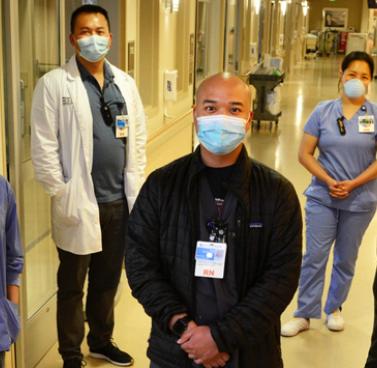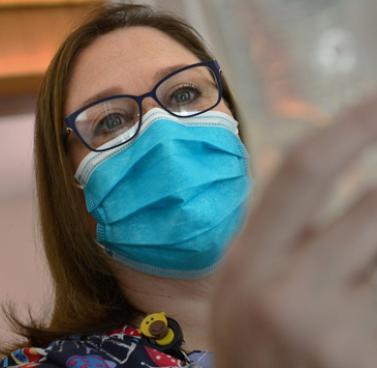
- Find a Provider
Find a Provider
- Care & Services
Care & Services
Common Searches
- Cancer Care
- Clinical Trials
- Digestive Health
- Ear, Nose and Throat (ENT) Health
- Emergency Care
- Endoscopy
- General Medicine
- Heart & Vascular Health
- Imaging Services
- Laboratory
- Men’s Health
- Mental Health & Addiction Services
- Mother-Baby Health
- Neurological Care
- Orthopedic Care
- Palliative Care
- Pediatric Health
- Pharmacy
- Primary Care
- Pulmonary Health
- Rehabilitation Services
- Senior Health
- Sleep Health
- Spine Care
- Surgical & Interventional
- Urgent Care
- Urology Health
- Women’s Health
- Wound Care
- Locations
Locations
- Conditions We Treat
Conditions We Treat
- Airway, Breathing & Lung Conditions
- Anxiety, Mood & Substance-use Disorders
- Benign Prostatic Hyperplasia (BPH) & Erectile Dysfunction (ED)
- Bladder, Kidney & Ureteral Stones
- Bone, Joint & Muscle Disorders
- Brain & Nervous System Disorders
- Cancers, Tumors & Blood Disorders
- Diabetes & Other Endocrine Conditions
- Digestive & Gastrointestinal Conditions
- Ear, Nose, Throat & Mouth Conditions
- Emergency Care
- Heart & Vascular Conditions
- Hypertension
- Infertility
- Kidney, Liver & Urinary Conditions
- Menopause
- Pregnancy & High-Risk Pregnancies
- Respiratory Illnesses
- Sleep Disorders
- Urinary & Fecal Incontinence
Search Conditions We Treat
Search
Search
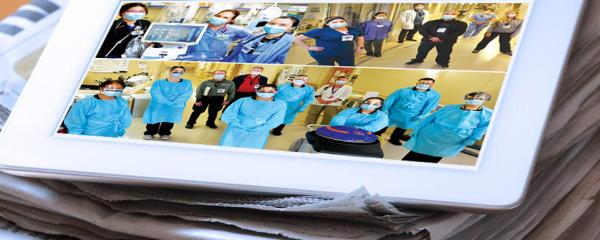
The Newsroom
Latest News










